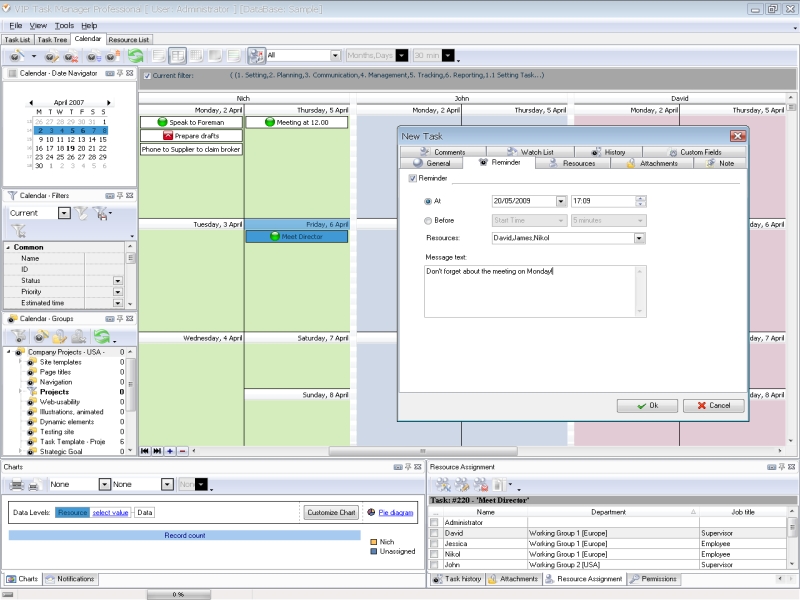in the ability to: Source accurate information on multiple and diverse protocol requirements.
Provide 4 key sources of information where information on protocol can be sourced for:
- Australian honor system, including order of precedence, ranks and forms of address.
- Involvement of indigenous Australian and other cultural groups in business activities.
- Correct use of national and state symbols, including flags, anthems and military salutes.
- Forms of address for different VIP's and dignitaries, both for written correspondence and in oral communication.
1. Federal, state and local council (government departments)
2.Aboriginal land council and similar groups
3. The internet/library
4. Agent, client or PA
Using 3 of the above situations where protocol is used, demonstrate your knowledge of protocol for each one.
1. Government Departments
There are different government departments ranging from foreign trade, defense and transport. There are people who run them as the 'head' of the department. They would have to follow certain policies and regulations under the federal law such as fairness and work laws. The government as a whole, has ranks or precedence depending on how voting results or who also is part of the departments ( who fall next in line for roles).
2. Aboriginal Council
The Aboriginal council such as NSWALC focus on land rights for the aboriginal community. They act to advise and negotiate with the government or stakeholders ensure the preservation Aboriginal land rights. As part of the organisation, they must follow the rules and regulations under the Aboriginal Land Rights Act 1983. They must disclose information or records with government and vice verse, this include reporting any wrong doings.
3. Agent
As someone representing another, it's important that they communicate with many people or organise events for their client. When they send out emails, letters or phone they should share details on how the client likes to be addressed and how you should talk to them. There times say if something complicated has happened and the client does not want to discuss the issue, it would the Agent's job to let that be know and have the clients back, if necessary.
Demonstrate methods you would use to share protocol information with team members and /or suppliers.List the 3 methods and the importance of sharing this information.
1. Staff briefing or meeting
It's important to share information through meetings because then you know team members have been briefed on any new details and that they understand what to do.
2. Emails, letters and notice boards
By doing this, you can send through detailed documents. This means the team members are reminded of events or information.
3. Talking to colleagues and suppliers
Just by generally talking, you can pass on any messages or inform others. It's important that you are constantly communicating with your team and that you're all on the same page.
Demonstrate your knowledge of the types of the types of civic functions held in Australia.
Briefly describe 3 different civic functions and their importance in the community.


2. Harmony Day is a national multicultural festival in which there are many events held by the local community. This day is important because its about creating awareness of other cultures and celebrating diversity.

3. New Years Eve falls at the very end of year and marks the beginning of a new one. Most people like to have parties or celebrate in some form of way. It's very popular to attend the fireworks display at different parts of the city. This is important because we get look over the past year and find ways to make next year even better with new goals.
Use protocol for diverse oral and written purposes:
Demonstrate and give 2 specific work activities where you would use appropriate language, written and communication skills to address or correspond with dignitaries and officials.
- Letters
They would have to be addressed appropriately with their names, the letter should be written clearly and proof read. There would be structure, sometimes an emblem and you would have to state who you are.
- Introducing a dignitary and official
It's important we understand that officials and dignitaries must be addressed differently to the average individual. For example, the Queen must be referred to as your 'Majesty' or 'Madame', while the President must be called 'Mr President'.
Prepare 1 document which includes the use of protocol.
Integrate knowledge of protocol when organising business activities.
Demonstrate your knowledge of the importance and role of protocol in the following situations:
- Addressing and introducing dignitaries and officials.
You must call each official or dignitary by their role such as Majesty, your Highness, Sir, Excellency, Mr President, Mr Prime Minister, Madame and you would add the country/state they represent.
- Corresponding to dignitaries and officials.
You would address them by their term such as Majesty or Excellency. It would be important that you used appropriate language and grammar skills when writing to them.
- Issuing invitations.
Following word etiquette, you would determine how formal or casual you must address the person. If it's formal then you use full names, times, dates and addresses. While casual invites may use nicknames or abbreviations. They are usually more fun and you can add your own personal touches to them such as poems/quotes/photos. Mailing also seems more formal, opposed to just giving an invite in person, making an announcement or just creating an online invite.
- Providing services during the conduct of an event (function, meeting or tour).
When providing a service you have to take into consideration things like times, venue and coordinating it. You have to make note of owners of land or venues when booking places. While at meetings you need to consider who talks first and who else contributes.








